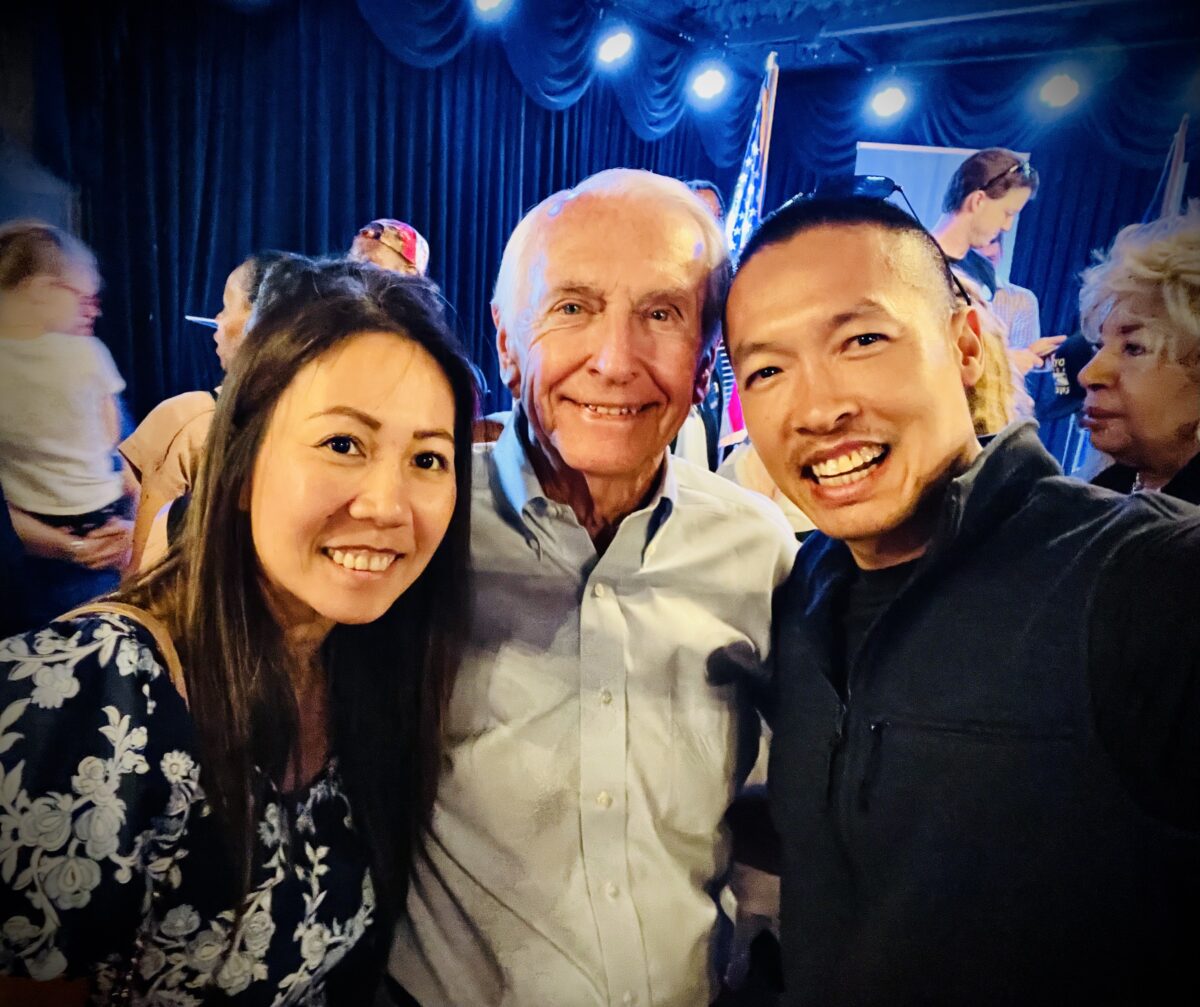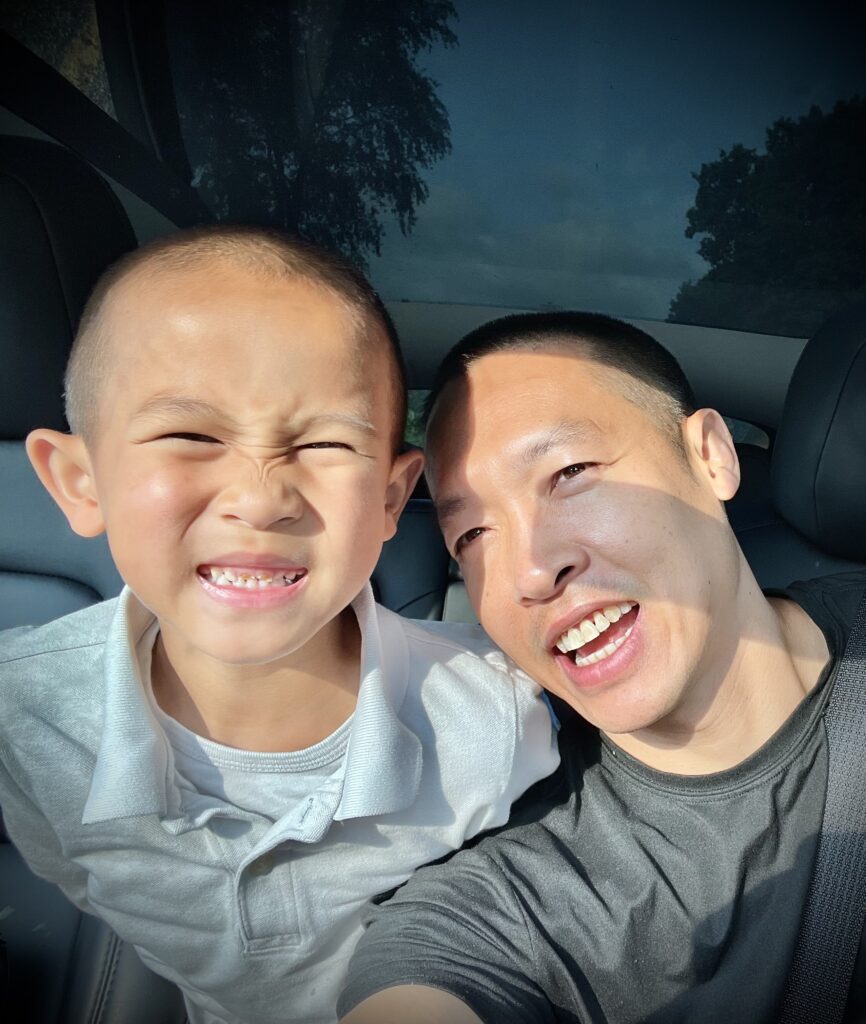Creativity flows in rivers wide, Not possessions, but in actions it takes its stride.
Compassion, a tenderness of the heart, In deeds it flourishes, in things, it plays no part.
Courage, a roaring flame within, Not a treasure held, but a valiant act akin.
Strength, a mountain standing tall, In our endeavors, it answers the call.
Gratitude, a golden thread, Weaves through acts, not words unsaid.
Integrity, a fortress strong, In what we do, it does belong.
Empathy, a bridge to souls, Through caring acts, it achieves its goals.
Resilience, in storms, a mast, Not an object, but a will steadfast.
Generosity, a rain that pours, In giving, its spirit soars.
Wisdom, a light piercing night, In choices made, it takes its flight.
Kindness, a gentle whispering breeze, In tender acts, it finds its ease.
As we traverse the tapestry of life, woven through, Let’s paint it with deeds, for it is what we do.

Elaborations
- Creativity
- Elaboration: Creativity is the expression of imagination and original ideas. It is not something you can possess like a material object. Instead, it is a process that comes alive through engagement in art, problem-solving, and innovative thinking. When you create, you bring something new into the world.
- Compassion
- Elaboration: Compassion is the deep concern for the sufferings or misfortunes of others. It is not something you can hold in your hand, but rather, it is shown through acts of kindness, understanding, and support. Compassion is felt and shared through actions.
- Courage
- Elaboration: Courage is the ability to confront fear, pain, or challenges with confidence and bravery. It is not a physical attribute but an action or choice to stand firm in the face of adversity. It involves taking risks and facing difficulties head-on.
- Strength
- Elaboration: Strength is not just physical power, but also mental and emotional fortitude. It’s shown in the actions one takes to overcome obstacles and challenges. It is the resilience and determination that empower individuals to persevere.
- Gratitude
- Elaboration: Gratitude is the acknowledgement of the goodness in one’s life. Rather than a possession, it is a practice of expressing thanks and appreciation for both the big and small things. Through the act of recognizing and appreciating, gratitude enhances our well-being.
- Integrity
- Elaboration: Integrity is adhering to a set of moral and ethical principles. It is reflected in actions that align with one’s values and beliefs. It is not a material thing but a demonstration of character through honesty, and consistency in behavior and attitude.
- Empathy
- Elaboration: Empathy is the ability to understand and share the feelings of another. It is an emotional connection, which can only be expressed through active listening and genuine concern. It is about placing oneself in someone else’s shoes and connecting on a deeper level.
- Resilience
- Elaboration: Resilience is the capacity to recover quickly from difficulties. It’s not a tangible object but a process and a set of skills that allow individuals to adapt well in the face of adversity, trauma, or significant sources of stress.
- Generosity
- Elaboration: Generosity is the act of giving freely without expecting anything in return. It is not measured by the things one has but by the selfless acts one performs, whether it be through giving time, resources, or support to others.
- Wisdom
- Elaboration: Wisdom is the ability to make sound judgments and decisions based on knowledge. It’s not a possession, but rather it’s gained through experience and reflection. Wisdom involves taking what one has learned and applying it in a judicious manner.
- Kindness
- Elaboration: Kindness is the quality of being friendly, generous, and considerate. It is not a physical possession but an action. Whether it’s a warm smile, a helping hand, or a gentle word of encouragement, kindness is shown through everyday acts of goodness.









